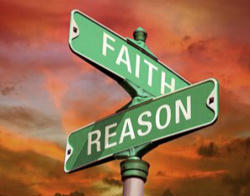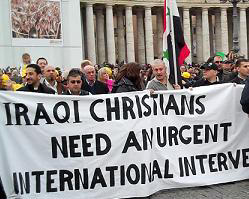 by Deacon Keith Fournier –
by Deacon Keith Fournier –
Last Friday, a 29 year old Christian husband and father of three children was kidnapped by Islamic militants in Iraq. A ransom of the equivalent of $100,000 US was demanded.
On Monday, May 16, 2011, his mutilated body, showing signs of extreme torture was found by a bridge. His head had been severed and his eyes had been gouged out.
The heroic Archbishop of Kirkuk, Louis Sako, praised the heroism of this Christian man and the continuing strength and faith of the Christian community in Iraq.
He strongly condemned the evil noting the growing hostility toward Christians in Iraq, “In all these years, I have never heard of a single Christian converting to Islam, despite the many threats.”
He indicated that many Muslims regularly seek to convert to the Christian faith but noted “I am not allowed to baptize them. There is no religious freedom!” [Read more…]

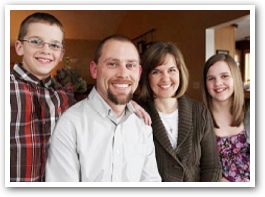
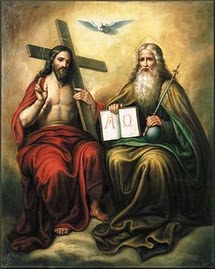 by Tom Gilson
by Tom Gilson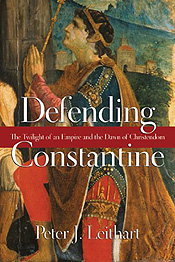
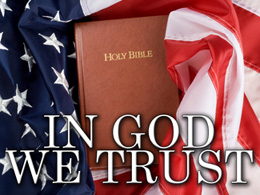 by William Sullivan –
by William Sullivan –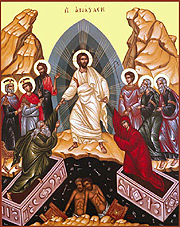 by Mark Tooley
by Mark Tooley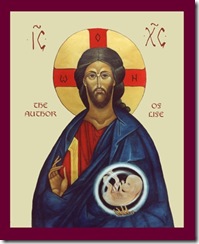
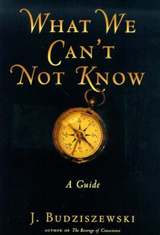
 by Stuart Schwartz –
by Stuart Schwartz –